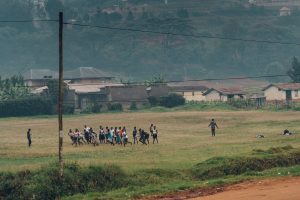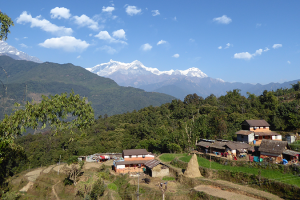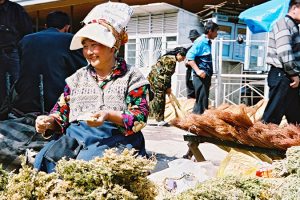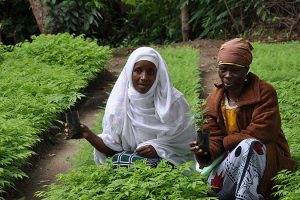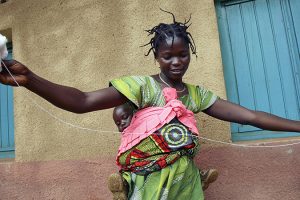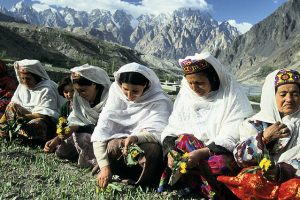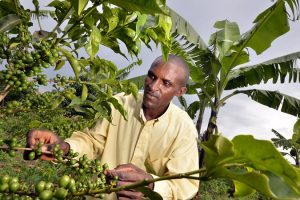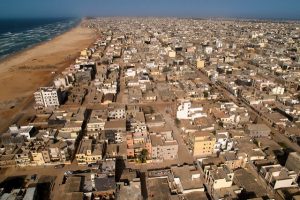Property and Land Rights
Institutional Diagnostic Synthesis
The Institutional Diagnostic synthesis is the culmination of the research undertaken in the four EDI case studies in Bangladesh, Benin, Mozambique and Tanzania. The synthesis also reflects on two historical case studies – Taiwan and South Korea – and describes…
Relaxing Credit Constraints and Tenure Insecurity in Imperfect Markets
Issue: The 2013 World Bank report “Securing Africa’s Land for Shared Prosperity” states that more than 90 percent of Africa’s rural land is undocumented, making it vulnerable to corruption, land grabbing and expropriation. Helping citizens better secure property and land titles…
Forest governance in Nepal: from centralized control to local users cooperatives
Focus of the study UNEP flags forest management in Nepal as one of the success stories of the green economy. After decades of forest degradation, the “Community Forest User Groups” program initiated in the early 90’s would have been key…
Endogenous Political Fragmentation: The Role of Property Rights in Historical Perspective
Focus of the study Land is an important asset in determining wealth, and therefore institutional frameworks for property rights – whether legally or informally arranged – are critical components that either can contribute to or constrain economic development. This research…
Economic role of clans: Linking past and present
Focus of the study The design of development policies requires a precise understanding of the informal institutions regulating economic activities. A key – yet understudied – institution in many developing countries is the clan. This project aims at understanding the…
Land rights and village councils in Tanzania
Focus of the study This research consists of a diagnostic survey to study how institutions can affect female land property rights in rural Tanzania following the legal reforms of the late 1990s. These reforms have established strong property rights on…
Individualization of property rights and population pressure
Focus of the study In response to increased land pressure, customary land tenure systems continue to evolve toward more individualization and transferability of rights in many parts of sub-Saharan Africa. This project aims to investigate how social norms related to…
Women’s inheritance and female empowerment
Focus of the study This study examines changes in the overall agency of women in Pakistan who receive inheritance in the form of higher autonomy, more control and access to finances and resources, or improved bargaining power. Unfortunately, there is…
Stock-based versus flow-based redistribution (Zimbabwe and South Africa)
Focus of the study Our key research question is: How can a political and economic equilibrium be changed so that the economy embarks on a new development path that is not derailed irrespective of who governs? This question is important…
Ownership changes, management and efficiency in the Rwanda coffee sector
Focus of the study In this project we investigate the relationship between ownership, management and firm performance in the context of the Rwanda coffee sector. The industry is undergoing a significant process of consolidation through which large downstream exporters are…
Improving property tax collection in South Delhi
Improving property tax collection in South Delhi: Reducing property owner and monitor incentives to misreport Issue: Increasing tax revenue can improve the ability of public institutions to finance services for citizens. However, a fundamental constraint common in developing countries is…
Measuring the Effect of Technological Improvements and Compliance Nudges on Property Taxes
Evidence from a field experiment in Senegal Issue: Rapid urbanization and the growth of real estate developments in low-income countries has increased the potential of property tax as a source of untapped domestic resource mobilization. Unfortunately, in most developing countries, property tax…

